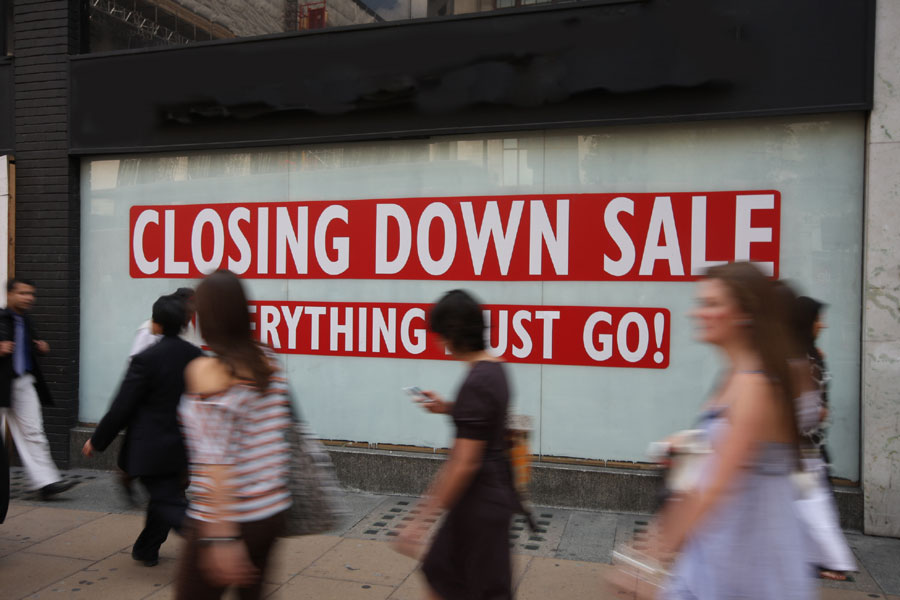Birmingham could become a real life ghost town, like that portrayed in the 1981 hit song by The Specials, if struggling retailers do not seek help in time to meet their quarterly rent demands.
That’s the warning being issued by Coventry-based corporate recovery and insolvency expert Cranfield Business Recovery as retailers in the region prepare to make their next rent payments on the 25th of this month.
Local Midlands ska band The Specials famously depicted a city centre full of empty shops and abandoned buildings in their UK number one hit and this situation could become a reality in Coventry today if retailers do not seek professional help to overcome financial struggles.
Brett Barton, Director of Cranfield Business Recovery warned: “Together with business rates, rent is undoubtedly one of the biggest bills local retailers will have to pay this month so if they are struggling to meet demands, they need to seek advice now before they are forced to shut up shop.”
Recent national figures released by the British Retail Consortium reports that sales were up 3.6% in August 2013, compared with a 1.6% increase in the same month the previous year. Despite this, a report from the Local Data Company earlier this month states that one in seven shops are lying empty in UK high streets and there is a clear North/South divide with high streets in the north, Midlands and Wales being the worst hit. This report is reflective of the downward trend in the Midlands.
Coventry City Council, just one landlord in the region, states that there were 58 void shops in the city in July 2013, which equates to 15% of stores. This is worryingly higher than the national average of 11.9% and the highest recorded in the city since January-March 2010. These figures reflect recent reports by national insolvency body R3, which state that 134,000 businesses throughout the UK are struggling to pay their bills on time – 24,000 more than the same time last year.
Brett Barton advises that some landlords, particularly those who have smaller amount of stock for rent, are prepared to negotiate terms more readily because they still have to pay full business rates if the premises are unoccupied. However, if landlord does not negotiate, there are still options open to tenants.
Brett Barton explained: “If the landlord cannot or will not negotiate, there are still some things that a retailer can do to help meet payment demands. It could be a case of adopting a better cash flow management system that is geared up specifically for retail businesses or aimed at reducing losses.
“Adapting to the changing habits of consumers can always help retailers survive and smaller retailers can implement changes a lot quicker than larger chains. Seeking help now in order for long term survival is the only way that struggling retailers can be saved form shutting shop and turning Coventry into a real life ghost town.”




















